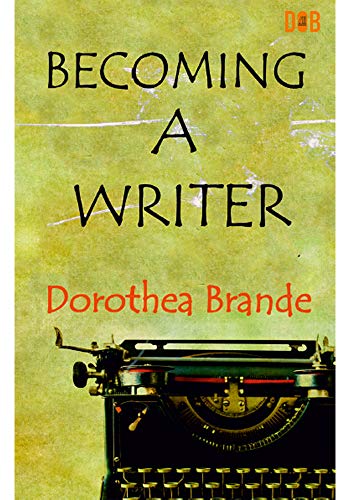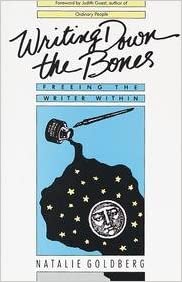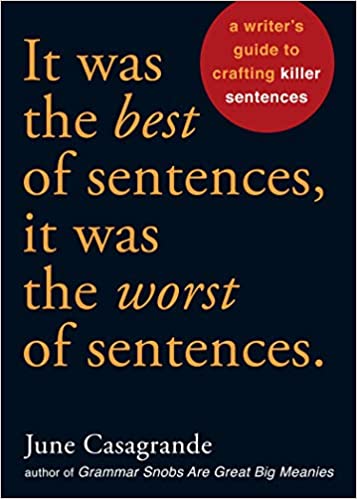First, Whoa!
The book’s entitled Plot and it has immediately useful (to me) techniques and examples on
- Plot (duh!)
- Story
- Structure
- Setting
- Description
- POV
- Exposition
- Scenes
and it does it all in 170 pages (which includes a seven page index)!
I’m blessed because I purchased most of my writing texts in the 1970s-early 1990s, long before anybody with a mobile could claim expertise and back when people had to demonstrate their abilities repeatedly to make any kind of claim.
One such demonstration was (duh!) getting a book published on a subject in which you demonstrated expertise. Publishing books cost money and took time. Honest-to-god real editors (line, copy, proof, continuity, …) actually read through a manuscript before sending it on to printing. Publishers weren’t going to put money into a project just because someone said they were an expert, that someone had to demonstrate they were an expert. Often.
And let me add, most people didn’t claim themselves to be a guru, maven, jedi, rock star, queen, genius, leader and last but not least, expert. Other people claimed it for someone once said someone proved their guruness, mavenhood, jediability, et cetera.
And usually it took a lot to prove.
How I long for the time when people’s expertise was actual expertise and not a vacuous claim because, by god, they’re going to get their fifteen minutes if it kills them.
But I digress.
Dibell’s Plot is comparable to sitting in a writing intensive. There are examples throughout, and she picks her examples wisely. Each example demonstrates several techniques but she never throws them at you all at once. She starts by demonstrating how someone is a good story/novel opening then cycles back to show how the exposition reinforces the nascent plot elements then cycles back again to demonstrate how the character reveal points to plot elements yet to come.
As I wrote above, Whoa!
Want more? How about Dibell’s explaining alternative plot structures (beyond traditional western 3-act, conflict oriented plot) back in 1988? (I’ll admit I missed these in my first reading.
Plot is one of several Writer’s Digest books I bought way back when. As a working author, they are revealing in so many ways. Most of these authors are recognizable by work if not by name, and all were full-time authors.
What causes a full-time author to write an how-to-write book? All the Writer’s Digest books I’ve read are wonderful learning tools. These authors definitely know their craft and are able to share it.
But writing an how-to-write book took time away from their writing their stories. I know I loathe anything which takes me away from my crafting (save posts such as these, were I relax my authorial muscles, stretch my imagination tendons, and basically take either a necessary or welcomed break from being creative (being creative is work. Ask any woman who’s gotten pregnant and delivered a child)).
But writing an how-to-write book is another creative process. Was this their relaxation?
Perhaps it was their way of testing their own knowledge? Of encapsulating it? I critique other’s writing and learn as much about my own craft as I do helping them with theirs.
And such musings are largely irrelevant. Plot is an excellent learning tool and strongly recommended.
Greetings! I’m your friendly, neighborhood Threshold Guardian. This is a protected post. Protected posts in the My Work, Marketing, and StoryCrafting categories require a subscription (starting at 1$US/month) to access. Protected posts outside those categories require a General (free) membership.
Members and Subscribers can LogIn. Non members can join. Non-protected posts (there are several) are available to everyone.
Want to learn more about why I use a subscription model? Read More ch-ch-ch-ch-Changes Enjoy!



